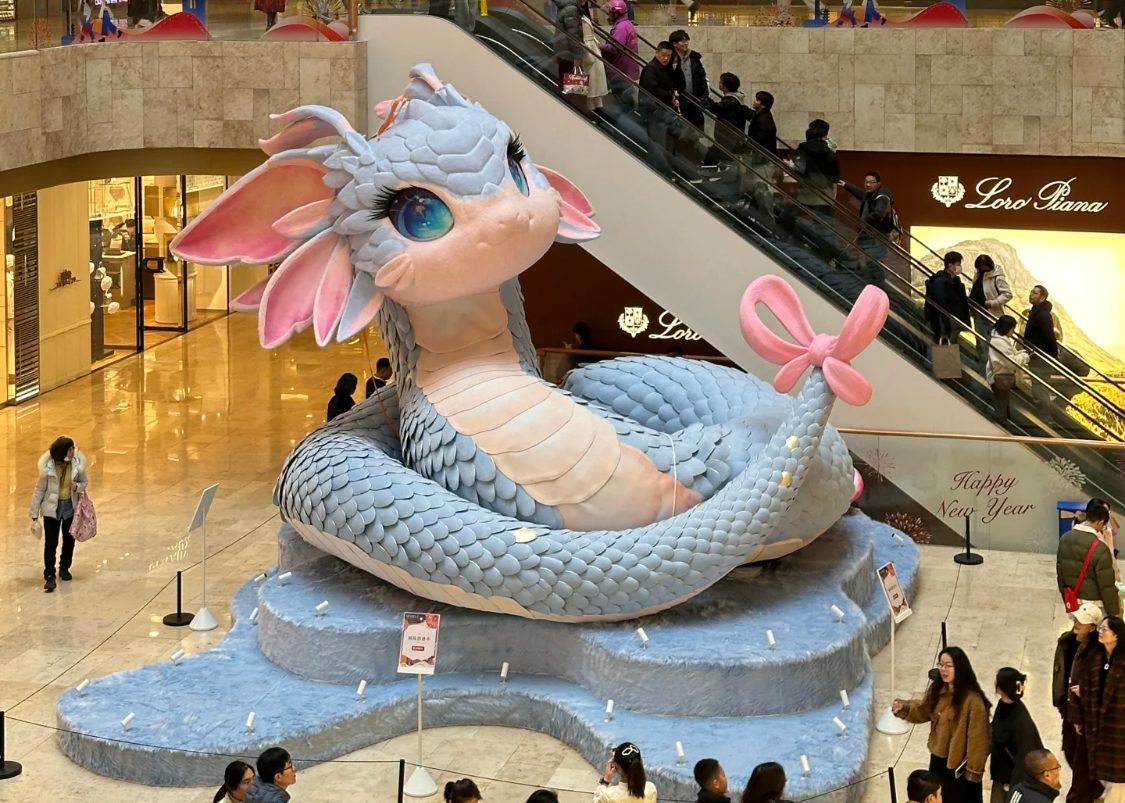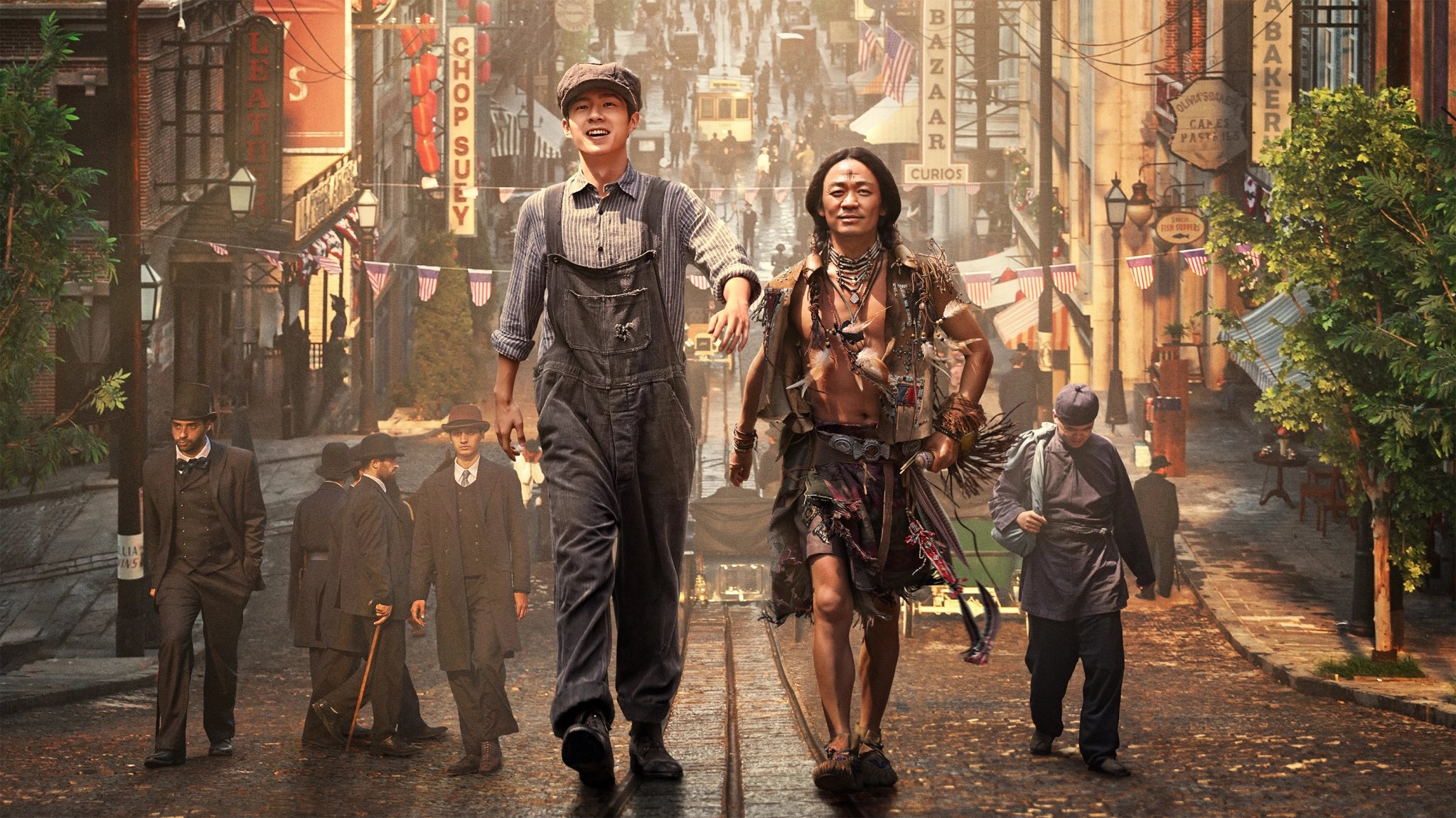After apathetic graduation photoshoots, a new phenomenon has surfaced on Chinese social media: resignation parties.
Users have taken to lifestyle platform Xiaohongshu to share pictures of themselves celebrating career developments — not offers from prestigious companies, but instead departures from them.
“Thanks to my friends who organized this. From now on I’ll embrace freedom and see the world!” writes one user.

Hashtags like ‘quitting,’ ‘jobless diaries,’ and ‘resignation party’ have racked up million of views on the platform, with content ranging from heartfelt vlogs to ridiculous party snapshots.
‘Resignation party’ (离职派对 lizhi paidui) staples include: giant red and yellow banners (so popular they are now available on e-commerce platform Pinduoduo for just a few bucks), life-size posters of the lucky resignee, cake, flowers, and pageant-style sashes for women.

Many of these elements feature ‘tacky’ aesthetics that harken back to the nearly-forgotten past of optimistic corporate culture in China, where receiving employment at a major company meant a banquet-style celebration with red and yellow banners.
Additionally, the bright colors and bold lettering are reminiscent of coconut milk brand Coconut Palm, which established the branding decades ago, and is notorious for its use of full-chested women in advertisements.
These throwback aesthetics speak to a nostalgia amongst Chinese millennials and Gen-Z for the wholesome world which was promised to them as children.

The trend has become so widespread that even legendary hotpot chain Haidilao is getting in on the action, now offering a ‘resignation party package.’
The package includes the necessary tongue-in-cheek resignation-themed banners and a special song from the staff, in a similar fashion to the chain’s famous birthday service.

Interestingly, many resignees seem to be quitting large tech companies like ByteDance, Shein and even Xiaohongshu itself, once considered extremely appealing by young workers because of their dynamic environment and competitive salaries.
The ‘resignation party’ trend follows a wave of similar anti-hustle culture phenomena: from the recent trend of sarcastic graduation photoshoots, to Gen-Z opting for low-paying professions that were once considered shameful, but now represent valid, hassle-free options.
Record-high youth unemployment in 2023 and the extremely stressful working culture known as 996 are just two of the factors contributing to the shifting mentality of young Chinese workers.
At the same time, alternative approaches such as minimalist and ‘digital nomad’ lifestyles are taking hold in the country. And for those who are not willing to give up on a stable profession or a fully-furnished apartment, moving to a third or fourth-tier city is becoming an increasingly appealing option.
All images via Xiaohongshu





















